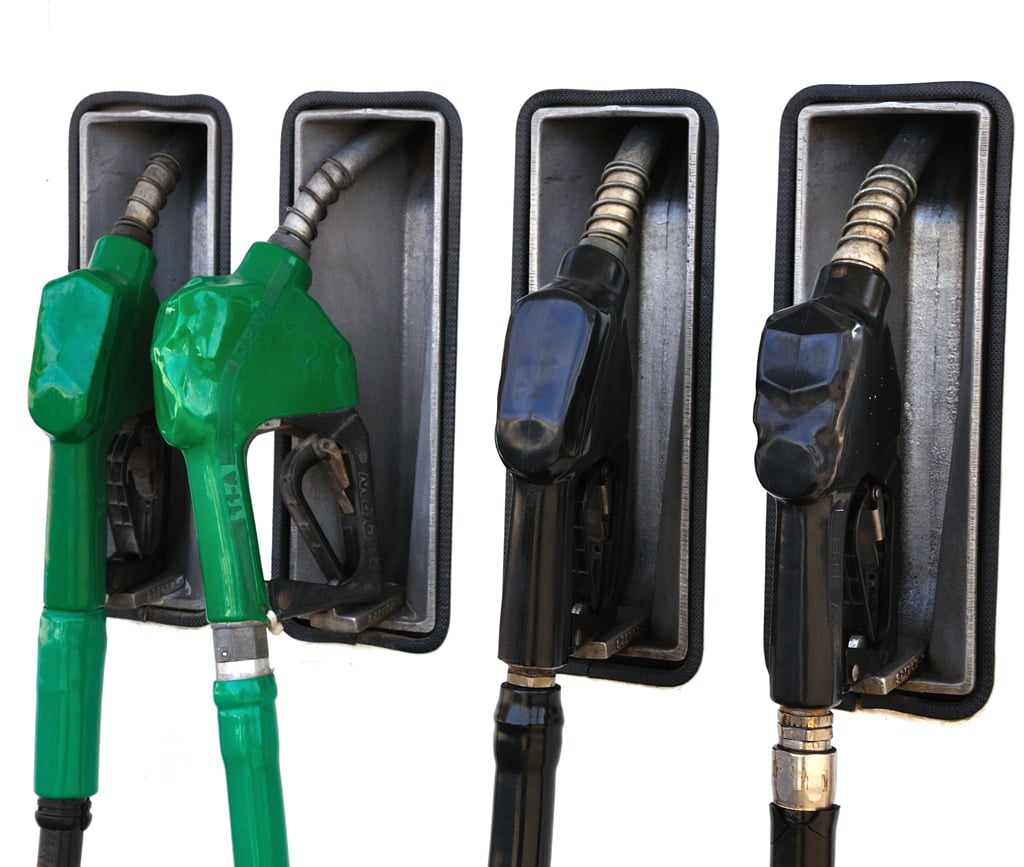
A spokesperson for the ministry said that there was little possibility of the power crisis worsening, adding that the ministry was prepared to handle all contingencies. The statement from the water and power ministry appears to be a response to allegations leveled against them by Finance Minister Ishaq Dar at his press conference on Monday. Dar had placed the responsibility for the recent petrol shortages squarely on the petroleum ministry and water and power ministry.
The statement from the ministry also contradicts the account that Finance Secretary Waqar Masood gave in his testimony to the Senate finance committee last week, as well as reports suggesting that the state-owned Pakistan State Oil (PSO) had not placed any orders for high-sulphur fuel oil (HSFO) for the months of February and March, the first time it has ever done so in its history. HSFO is a fuel commonly used to run power plants.
Reuters reported in December that PSO’s oil orders for the first quarter of 2015 – traditionally placed through oil traders in Singapore – were down 80% from the same period in the previous year.
The water and power ministry spokesperson claimed that, in addition to the 10 days of inventory, PSO would be importing 135,000 tons of furnace oil which he suggested would be sufficient to run oil-fired thermal power plants throughout Pakistan. Yet according to the Reuters report, Pakistan’s purchases for the same period in the previous year were 715,000 tons. Of the 135,000 tons, nearly 35,000 tons has already been delivered and the remainder is expected to arrive at Karachi Port on Sunday, January 25.
The spokesperson also claimed that the ministry had not only cleared all payments for PSO from October through the present day but was able to pay Rs22 billion towards its previous receivables, in clear contradiction of reports emerging from PSO that it was unable to finance new letters of credit (LCs) from banks due to its mounting payables.
The ministry appears keen to highlight the fact that it is keeping the most inefficient power plants in the country – virtually all of them owned by the government – shut, which they claim is saving 344,000 tons in fuel, though they did not specify over what time period. They also claimed that keeping those plants shut has resulted in savings of Rs2.37 per kilowatt-hour (kWh) to consumers, though it was not clear how they arrived at that number.
The core of the water and power ministry’s argument, however, appears to be that after the traditional winter decline in hydroelectric power production in January, total production from Pakistan’s two largest plants – both state-owned – is expected to rise from 700 megawatts (MW) to 1,500 MW by the end of January. The two plants have a combined generation capacity of 6,880 MW, though it is common for there to be heavy seasonal variation in actual production.
Published in The Express Tribune, January 22nd, 2015.
Poll
[poll id="1408"]










1728020241-0/Express-Tribune-Web-(12)1728020241-0-270x192.webp)






COMMENTS
Comments are moderated and generally will be posted if they are on-topic and not abusive.
For more information, please see our Comments FAQ